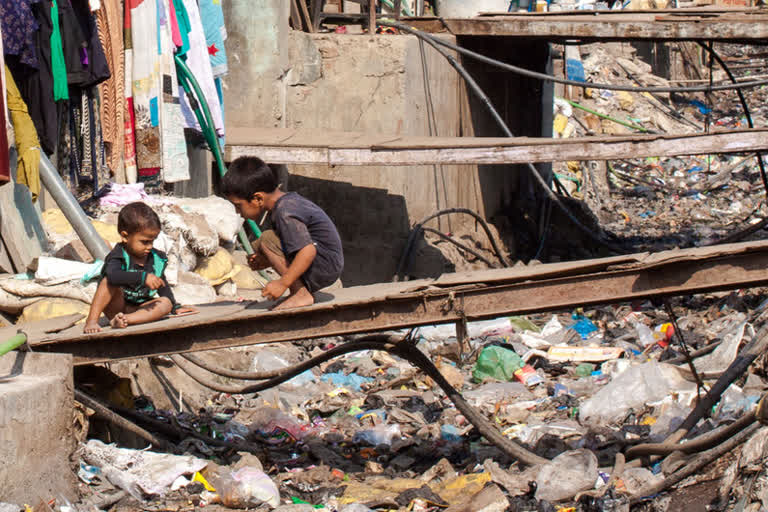Hyderabad: Based on a growing body of research confirming numerous and inseparable links between climate and health, the World Health Organization’s (WHO) COP26 Special Report on Climate Change and Health spells out that transformational action in every sector, from energy, transport and nature to food systems and finance is needed to protect people.
“The COVID-19 pandemic has shone a light on the intimate and delicate links between humans, animals and our environment”, said WHO chief Tedros Adhanom Ghebreyesus. “The same unsustainable choices that are killing our planet are killing people”.WHO’s report was launched at the same time as an open letter, signed by over two thirds of the global health workforce – 300 organizations representing at least 45 million doctors and health professionals worldwide – calling for national leaders and COP26 country delegations to step up climate action.
“Wherever we deliver care, in our hospitals, clinics and communities around the world, we are already responding to the health harms caused by climate change”, the letter from the health professionals reads.
“We call on the leaders of every country and their representatives at COP26 to avert the impending health catastrophe by limiting global warming to 1.5°C, and to make human health and equity central to all climate change mitigation and adaptation actions”.Both the report and open letter come as unprecedented extreme weather events and other climate impacts are taking a rising toll on everyone.
Heatwaves, storms and floods have taken thousands of lives and disrupted millions of others while also threatening healthcare systems and facilities when they are needed most, according to WHO. Changes in weather and climate are threatening food security and driving up food-, water- and vector-borne diseases, such as malaria, while climate impacts are also negatively affecting mental health.
10 Priorities to safeguard the world
- Commit to a healthy, green and just recovery from COVID-19.
- Make COP26 the ‘Health COP’, placing health and social justice at the heart of discussions.
- Prioritize climate interventions with the largest health-, social- and economic gains.
- Build climate resilient health systems, and support health adaptation across sectors.
- Transition to renewable energy, to save lives from air pollution.
- Promote sustainable, healthy urban design and transport systems.
- Protect and restore nature and ecosystems.
- Promote sustainable food supply chains and diets for climate and health outcomes.
- Transition towards a wellbeing economy.
- Mobilize and support the health community on climate action.
